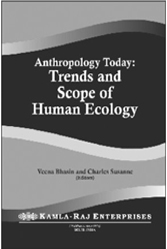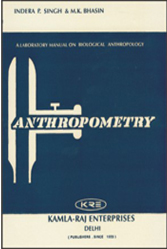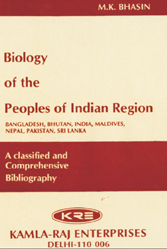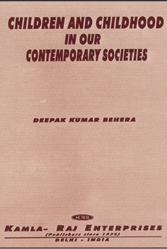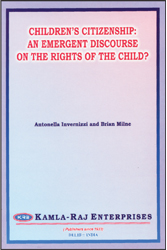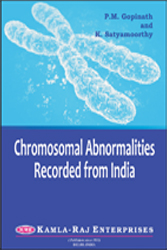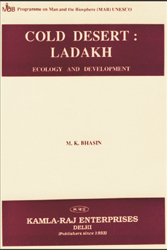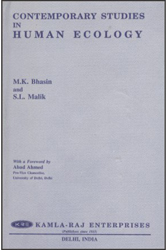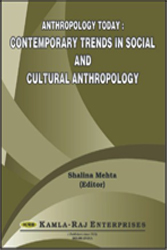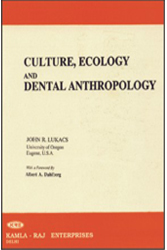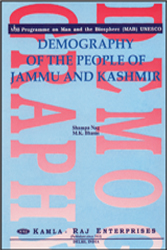HUMAN ECOLOGY
PEOPLE OF THE HIMALAYAS:
ECOLOGY, CULTURE DEVELOPMENT AND CHANGE
K.C. MAHANTA (Univesity of Dibrugarh, Dibrugarh Assam, India)
1997 • Pages: 356 • Size: 180 x 240 mm • ISBN 81-85264-18-X •
Binding: Hard •
Price: US $ 75/- Rs. 1450/-
(Human Ecology Special Issue No. 6)

The volume complied under the rubric of people of the Himalayas: Ecology, Culture Development and Change is an ambitious geographic multidisciplinary study concerning the little or scantily explored mountain ranges of Himalayas. The book has six major themes, which are the subject of 42 chapters. The study aims at having systmatic scientific knowledge of the conditions of the habitats, socio-cultural knowledge of the conditions of the habitats, socio-cultural development and change and their impact on the overall environmental situations presently obtaining in the sprawling 2,700 km long Himalayan ranges; extending from the south-east extreme of the Karakorams across Kashmir toAssam. The work covers the Himalayan highland as well as the lowland habitations including those in the plain catchment area in the north-east. Having taken a cursory glance at the Himalayan physiographic features, the study has noted that the age-old ever sustaining subsistence level of livelihood waned following the steady advent of urbanization and westernization among the Himalayan ranges since around the early twentieth century. The volume contains contributions from eminent scholars and researchers having direct first hand enthnographic study of the Himalayan habitations.
The papers cover multiple parameters of study. Starting with the conceptual aspects of human ecology and environment, the volume comprises papers dealing with geoenvironmentalincompatible situations, biodiversity-cum-eco-development, eco-historical perspectives, material culture and its components and last but not the least, change and its effect. The millennium old pristine tribal life that nestled in the Himalayan heights since perhaps prehistoric times fast came to the metamorphosed, and in this context, though the need of urgent anthropology is long past, the present work is worth being rather late than never.
The wide diversity of the subject matter described in 42 chapters will make this book of interest to anthropologists, social scientists (geography, economics, history, sociology, political science etc.).
CONTENTS
- ECOLOGY AND ENVIRONMENT: CONCEPTS
- GEO-ENVIRONMENTAL PROBLEMS
- BIODIVERSITY AND ECO-DEVELOPMENT
- ECO-HISTORICAL PERSPECTIVE
- CULTURE: LIFE WAYS AND MATERIAL COMPONENTS
- CHANGE AND EFFECT
Index






